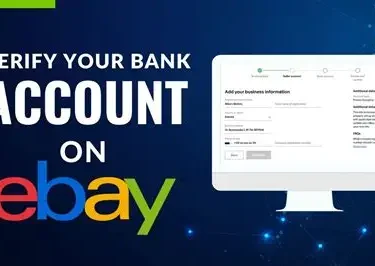As cryptocurrencies continue to gain traction and value, ensuring the safety and security of these digital assets has become a top priority. With no central authority to turn to for help in recovering lost or stolen cryptocurrencies, the responsibility falls on the individual owner to implement a robust backup strategy. In this article, we’ll guide you through the essential steps to create a comprehensive cryptocurrency backup plan, helping you protect your digital fortune from potential loss or theft.
- Understanding the Importance of Cryptocurrency Backup
Unlike traditional banking systems, cryptocurrencies operate on decentralized platforms called blockchains, which record all transactions and maintain user wallet balances. As a result, there’s no central authority to help recover lost or stolen cryptocurrencies, making a comprehensive backup plan crucial for recovering your funds in case of hardware failure, software bugs, or cyber-attacks.
- Exploring Types of Cryptocurrency Wallets
To create a secure backup, it’s essential to understand the different types of cryptocurrency wallets available:
- Software Wallets: Applications downloaded on your computer or mobile device, offering convenience but are also susceptible to malware and hacking attempts.
- Hardware Wallets: Physical devices that store your private keys offline, providing an extra layer of security. Popular options for cryptocurrencies include Ledger, Trezor, and KeepKey.
- Paper Wallets: A piece of paper containing your private and public keys, usually in the form of a QR code. Paper wallets are safe from digital attacks but can be lost or damaged.
- Backing Up Your Private Keys
Private keys are secret codes that grant you access to your cryptocurrencies. To create a secure backup:
- Write down your private keys on a piece of paper, preferably with a pen to avoid digital records.
- Make multiple copies of your private keys and store them in separate, secure locations.
- Consider using a fireproof and waterproof safe or a safety deposit box to store your private keys.
- Never store your private keys digitally, such as in a computer file or cloud storage, as these methods are vulnerable to hacking.
- Utilizing Mnemonic Seed Phrases
Modern cryptocurrency wallets often use a mnemonic seed phrase, a human-readable list of words, to generate your private keys. This seed phrase can restore access to your funds if your wallet is lost or damaged. It’s crucial to back up your seed phrase and store it securely using the same precautions as your private keys.
- Implementing Multi-Signature Addresses
Multi-signature addresses require multiple private keys to authorize transactions. This adds an extra layer of security, as an attacker would need to compromise multiple private keys to gain access to your funds. Ensure that you have backups for each of the private keys associated with your multi-signature addresses.
- Regularly Testing Your Backup Strategy
Regularly test your backup strategy by restoring your wallet using your seed phrase or private keys. This ensures that your backup is valid and that you can access your funds in case of an emergency.
- Keeping Your Software Up to Date
Regularly update your wallet software, as developers often release patches to address security vulnerabilities. Additionally, keeping your device’s operating system and antivirus software updated can help prevent malware attacks that could compromise your wallet.
- Diversifying Your Cryptocurrency Storage
To minimize the risk of loss, consider diversifying your cryptocurrency storage across multiple wallets and platforms. For example, you could store a portion of your funds in a hardware wallet, another portion in a software wallet on your computer, and a third portion in a mobile wallet.
- Staying Informed and Vigilant
Keep yourself informed about the latest security threats and best practices in the cryptocurrency community. Regularly reviewing your security measures and staying vigilant against potential attacks is crucial for protecting your digital fortune.
Creating a robust cryptocurrency backup strategy is essential in safeguarding your digital assets from potential loss or theft. By understanding the different types of wallets, securely backing up your private keys, and following best practices, you can ensure that your cryptocurrencies remain safe and accessible. Remember, the security of your cryptocurrencies is entirely your responsibility, so take the necessary steps to protect your investments in the fast-paced world of digital currencies.




